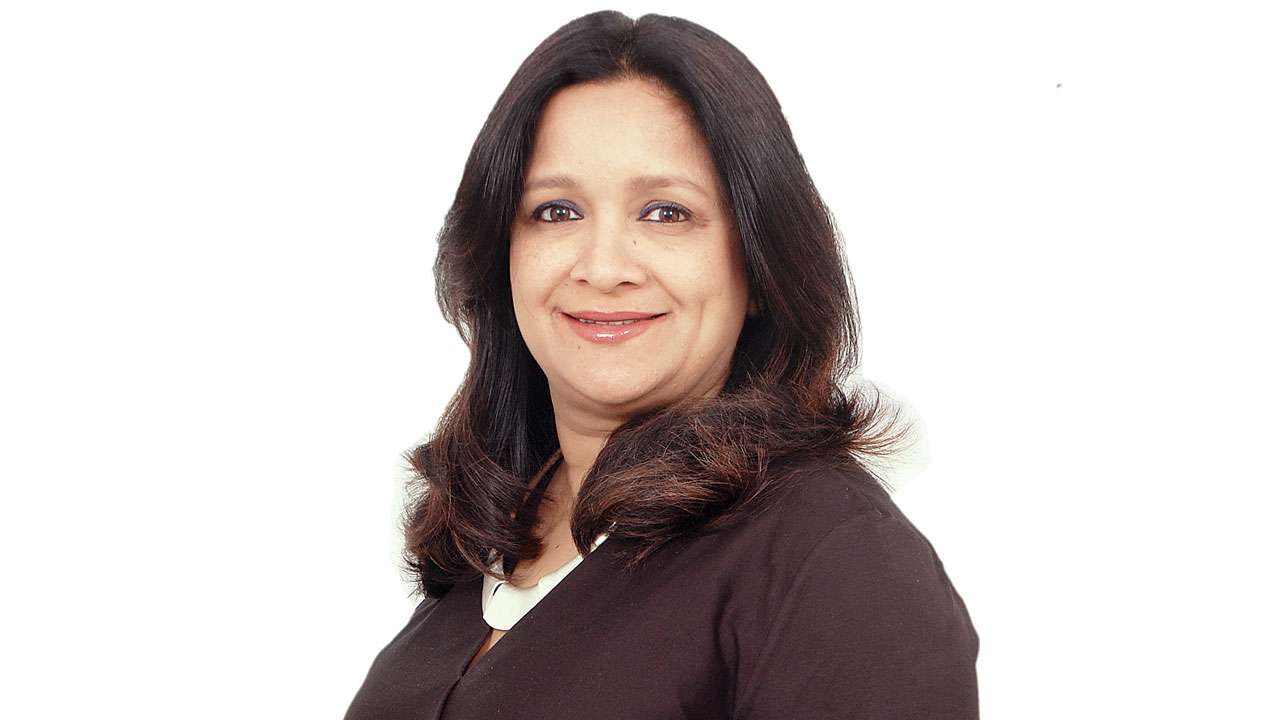
An entrepreneur in the tech space for 17 years, Lathika S Pai joined Microsoft Corporation (India) Pvt Ltd as country head, Microsoft for Start-ups, MENA and SAARC a year ago. In conversation with Ashish K Tiwari, she speaks about Microsoft's initiative for start-ups, current programmes and more. Edited excerpts…
Microsoft has always engaged with the start-up ecosystem. Typically, we started with incubation then we had the Microsoft Accelerator, we had BizSpark, a programme that gave credits to everybody. And then about 18 months ago, we started looking at all the markets and thinking what is it really that we need to give start-ups. What we realised is that the credits game is over and I personally believe that free credits or rents for three or six months are not really helping build any business. Generally, no other start-up other than tech start-ups get free resources. As a result, from day one, the entrepreneur is not really looking at making the business profitable versus where does s/he go from here.
We came up with two programmes vis 'breadth' and 'depth'. The former is looking at innovative ideas coming in the artificial intelligence (AI), machine learning (ML), cognitive space and internet of things (IoT) etc. Start-ups that we want on our Azure platform, we give them $25,000 to $120,000 of credits. We don't do anything without having any engagement with the start-ups. All the start-ups will continue to get our partner development manager and an invitation to different webinars or events that we hold. Then comes the scale-up programme that basically comprises revenue generating start-ups in technologies. We typically go with Series A funded start-ups. Having said that, exceptions are made to each one of these rules on a case to case basis.
Since I've joined, my team has looked at 250-odd start-ups. But only 25 have been brought into the programme. So we are not really looking at numbers. The India internet day was held earlier in April and former Google executive Rajan Anandan told me what they did that day. It was all about going from 20 unicorns to 100 by 2025. While some are already on Microsoft technology, as part of the scale-up programme, our goal is that we want to be playing a significant role in creating those 100 unicorns.
The start-ups basically get on to our Azure marketplace and then we start opening doors for them with our enterprise clients. We pitch to our enterprise clients about their digital transformation in terms of plugging in. We don't have the solutions to offer but the start-ups do. We look at the start-ups that we believe we can plug-in into our enterprise clients. We have a sales team of 40,000 around the world. The advantage here is that Microsoft has already vetted the solutions offered by start-ups that are on Azure, the safety and security checks, etc have been done. All this is taken care of before the start-ups come into the co-sell programme. The decision to buy is however made by the client is not driven by the fact that the solution is being offered by Microsoft.